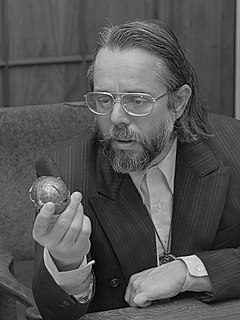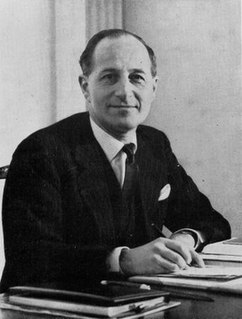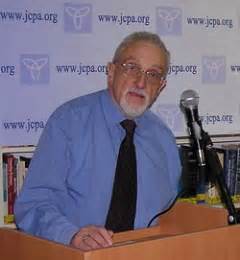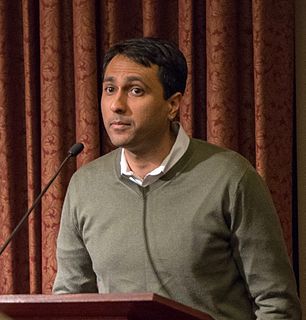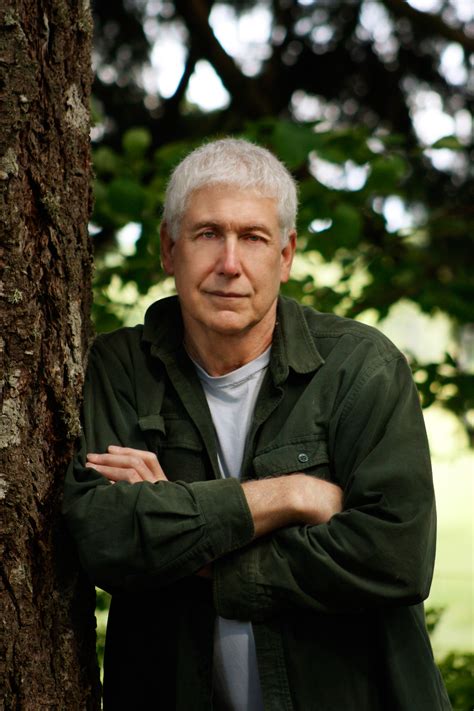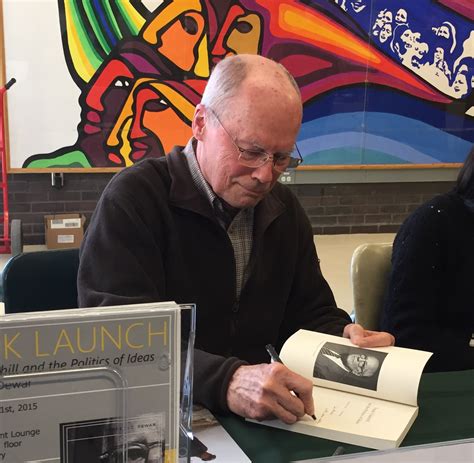A Quote by Harvey Cox
The real ecumenical crisis today is not between Catholics and Protestants but between traditional and experimental forms of church life.
Quote Topics
Related Quotes
The real differences around the world today are not between Jews and Arabs; Protestants and Catholics; Muslims, Croats, and Serbs. The real differences are between those who embrace peace and those who would destroy it. Between those who look to the future and those who cling to the past. Between those who open their arms and those who are determined to clench their fists.
It is frightfully hard to explain to Protestants that if you give Roman Catholics a good job and a good house, they will live like Protestants...they will refuse to have 18 children.... If you treat Roman Catholics with due consideration and kindness, they will live like Protestants in spite of the authoritative nature of their Church.
We have to separate here the church in its broad sense. We have Catholics, Protestants, Eastern Orthodox churches. The Catholic church is a corporation like a chief executive. A fairly homogenous operation. Today its attitude toward anti-Semitism is much more severe than it's ever been. The Catholic Church today is much less the problem than the other groups.
I wouldn't have known anything about Catholicism if I hadn't been dating Gert. In those days, Catholics were much less ecumenical than they are today. Gert was always of the mind that she wouldn't go to another church except the Catholic Church. So when I would date her in New York City and later when we went to Oxford before we got married we always went to the Catholic church.
I think that we live in a remarkably networked world. The problem with that, of course, is that tensions can travel in nanoseconds across the Internet, and so the tensions between Shiites and Sunnis in Baghdad, or between Protestants and Catholics in Belfast - those show up in different parts of the world.
Sometimes the sight of someone in one faith wrestling with that faith can empower you to wrestle with another faith. For me, it was reading about how the Catholic Church wrestled with itself in the 1960s. Pope John XXIII set Nostra Aetate - the Declaration on the Relation of the Church with Non-Christian Religions - in motion. It changed the relationship between Jews and Catholics. Today, Jews and Catholics meet as friends. If you can do that, after the longest history of hatred the world has known, that empowers you as a Jew or a Muslim to wrestle with your faith.
I think it is very clear that, though great difference remained, evangelicals moved closer to Catholics, mainline Protestants and evangelical Protestants moved closer together, and this convergence coincided with greater institutional strength for all the Christian churches than, for the most part, you see today.
Prior to and during [John] Locke's time, it was difficult to determine where religion or church left off and government or state began. The powers of both were often combined. As a result, churches frequently used the force of the state to promote and enforce their interests and doctrines. This caused horrendous atrocities against Jews and heretics, as well as the European religious wars between Catholics and Protestants of the sixteenth and seventeenth centuries that resulted in the deaths of millions of people.
The decision must be made between Judaism and Christianity, between business and culture, between male and female, between the race and the individual, between unworhtiness and worth, between the earthly and the higher life, between negation and God-like. Mankind has the choice to make. There are only two poles, and there is no middle way.
The Thirty Years' War, 1618-1648, was a series of conflicts that became the last great struggle of religious wars in Europe. It was fought almost exclusively on German soil...but before the war ended, it involved most of the nations of Europe. The underlying cause of the war was the deep-seated hostility between the German Protestants and German Catholics - with the Jesuits and Cardinal Richelieu, who was the real ruler of France, fanning the fires to accomplish their ends.
